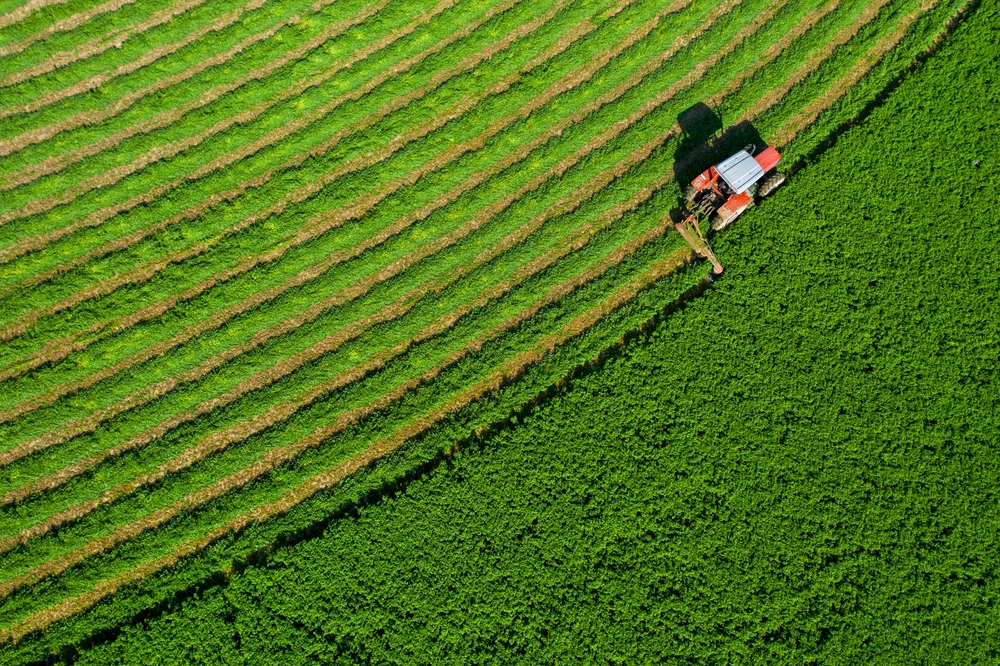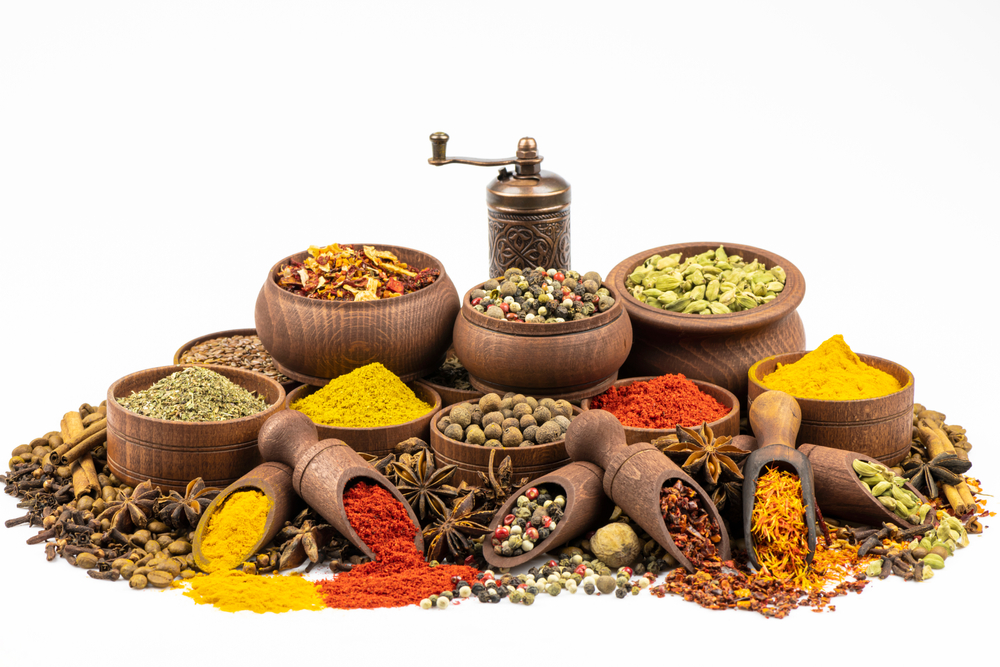Egypt has long been renowned as a cradle of agriculture and trade, blessed with fertile soil, a favorable climate, and the life-giving Nile River. Among its many agricultural treasures, the cultivation of spices, herbs, and seeds has played a vital role in both history and modern economic development. These crops are not only important for local culinary and medicinal use but also form a significant part of Egypt’s exports, contributing to global markets.

Historical Background
The use of spices and herbs in Egypt dates back thousands of years. Ancient Egyptians cultivated and traded plants such as coriander, cumin, fennel, and anise, using them for food preservation, medicine, religious rituals, and even in mummification. Seeds like fenugreek and sesame were also highly valued for their nutritional and therapeutic properties. This deep heritage continues to shape the modern cultivation of spices and herbs across the country.
Climatic and Geographic Advantages
Egypt’s unique climate—hot summers, mild winters, and abundant sunshine—creates ideal conditions for cultivating a wide range of aromatic plants. The fertile soils along the Nile Valley and Delta, combined with irrigation systems, ensure year-round production. Moreover, arid desert lands have been reclaimed through modern agricultural projects, expanding the cultivation area for herbs and seeds.
Major Spices, Herbs, and Seeds Cultivated

Today, Egypt is one of the leading producers and exporters of spices, herbs, and medicinal plants in the Middle East and Africa. Key crops include:
- Coriander and Cumin: widely grown and exported for culinary use.
- Fennel and Anise: prized for their flavor and use in herbal teas and medicine.
- Fenugreek and Black Seeds (Nigella sativa): valued for their health benefits and pharmaceutical applications.
- Basil, Peppermint, and Spearmint: cultivated for essential oils and herbal products.
- Sesame Seeds: used in food industries and exported in large quantities.
Economic and Social Importance
The cultivation of these crops supports thousands of farmers and rural communities across Egypt. Herbs and spices are also processed into oils, powders, and extracts, adding value to raw products. Export revenues from these crops strengthen the national economy, with Egypt ranking among the top exporters of dried herbs and seeds to Europe, Asia, and the United States.
Challenges and Future Opportunities
Despite its strengths, the sector faces challenges such as water scarcity, soil salinity, and competition in global markets. However, with the growing global demand for organic and natural products, Egypt has a unique opportunity to expand through sustainable farming practices, organic certification, and improved processing techniques. Investment in modern irrigation systems and training for farmers can further boost productivity and quality.
Summary
The cultivation of spices, herbs, and seeds in Egypt is both a continuation of a rich historical tradition and a pillar of the modern agricultural economy. With its natural advantages and strategic location, Egypt is well-positioned to remain a global leader in this sector. By embracing sustainable practices and value-added processing, the country can ensure that its aromatic treasures continue to flourish for generations to come.
